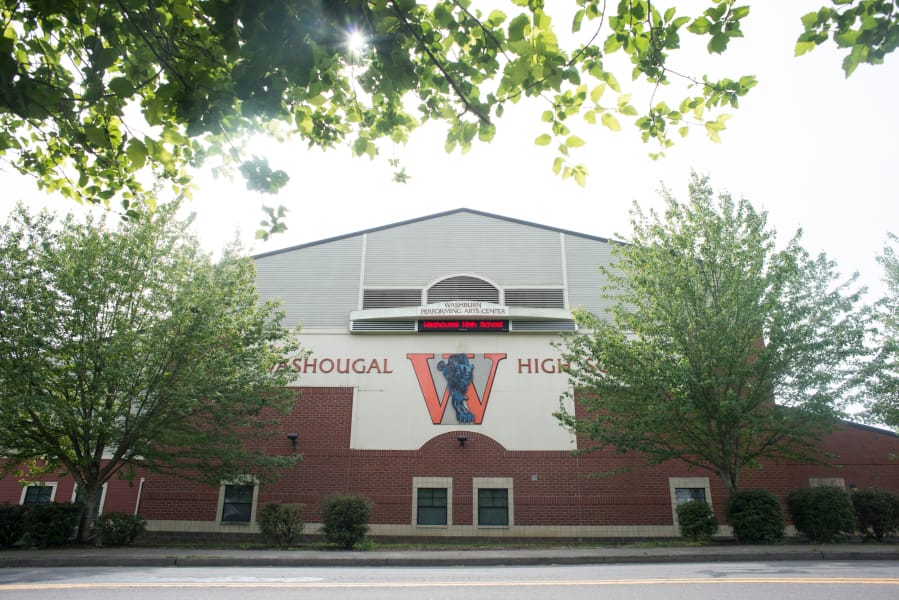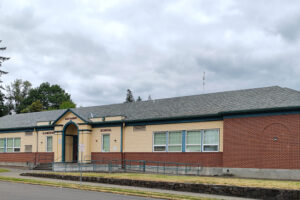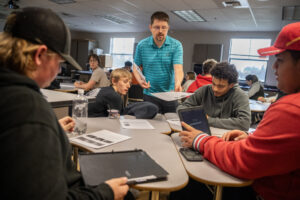Even though he hasn’t graduated yet, Tristan Farrell feels as though in some ways he’s already finished with high school.
“There are a lot of people that I probably won’t see again after this year,” he said during the Washougal School District’s Nov. 18 virtual board meeting, “and it feels like we’ve already said ‘goodbye.’”
The Washougal High School (WHS) senior has struggled to adjust to the district’s remote learning model, in place since March due to the COVID-19 pandemic. He starts to lose focus after staring at a screen for multiple hours at a time. He desperately misses in-person interactions with teachers and friends. And the three-sport athlete worries that he’s already donned the Panther orange and black for the final time.
During the meeting, he pleaded to the district’s leaders to allow him and his fellow students to return to their classrooms.
“As each day goes by, I start to lose faith because nothing has changed over the last two-plus months,” he said. “I know that not being able to interact with my friends is bringing my outlook on life down, and it is even worse for others. Letting us back into school to have an education will definitely increase morale for a lot of people.”





